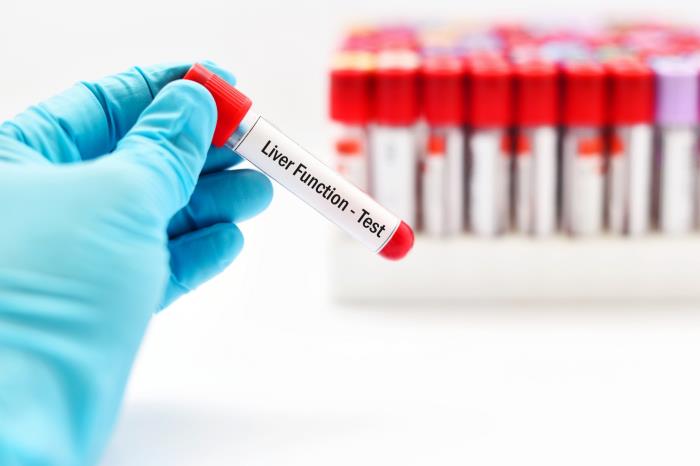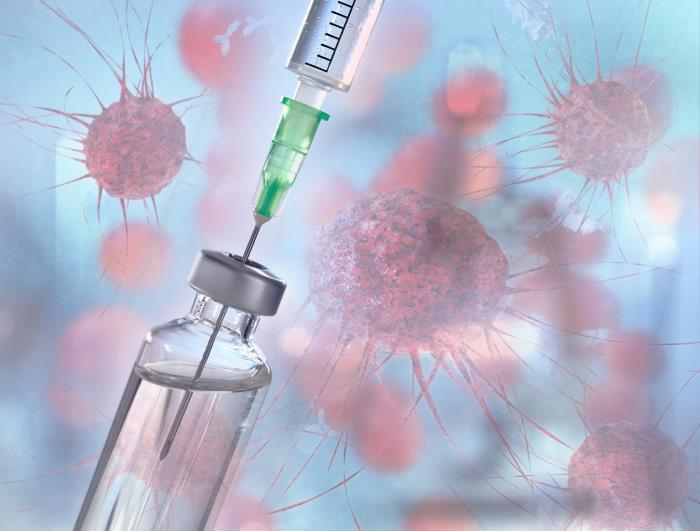Liver transplantation is a critical procedure for patients suffering from end-stage liver disease or acute liver failure. The liver is vital for numerous bodily functions, including metabolism, detoxification, and production of essential proteins. A successful transplant can significantly improve the quality of life and survival rates for patients. However, the journey does not end with surgery; ongoing care is crucial for optimal health outcomes.
Medical disclaimer: This content is for general awareness and does not replace a doctor’s consultation. For diagnosis or treatment decisions, consult a qualified specialist.
The Role of Regular Check-Ups
Post-liver transplant, regular check-ups are essential to monitor the function of the new liver and to identify any potential complications early. These appointments allow healthcare providers to assess liver function tests, adjust immunosuppressive medications, and evaluate the patient's overall health status. Regular check-ups help in the timely detection of issues such as rejection or infection, which can be life-threatening if not addressed promptly.
Monitoring Liver Function
After a liver transplant, patients undergo frequent tests to monitor liver enzymes and other biomarkers. Elevated levels of enzymes may indicate that the liver is not functioning properly or that there is a risk of rejection. Routine blood tests are critical in ensuring that the liver is healthy and functioning as intended. These tests also help in adjusting medication dosages to maintain the balance between preventing rejection and avoiding toxicity.

Assessing Immunosuppressive Therapy
Post-transplant patients are placed on immunosuppressive therapy to prevent organ rejection. Regular check-ups provide an opportunity to assess the effectiveness of these medications. Healthcare providers will monitor for side effects and adjust dosages as necessary. This is crucial because while adequate immunosuppression is necessary to prevent rejection, excessive immunosuppression can lead to increased risk of infections and other complications.
Identifying Complications Early
Complications such as acute rejection, chronic rejection, and infection can occur after a liver transplant. Regular follow-up appointments are vital for early identification of these issues. Symptoms may not always be apparent, making routine evaluations essential. Early intervention can significantly improve outcomes and reduce the risk of severe complications.
Managing Lifestyle Changes
Post-transplant life often requires significant lifestyle changes to promote liver health. Regular check-ups provide an opportunity for healthcare providers to discuss dietary modifications, exercise regimens, and other lifestyle factors that can impact recovery. Adopting a healthy lifestyle is crucial for the longevity of the transplanted liver and overall well-being.
Psychosocial Support and Mental Health
The psychological impact of undergoing a liver transplant can be profound. Regular check-ups allow healthcare providers to assess the mental health of patients. Addressing issues such as depression or anxiety is important for recovery. Support groups and counseling can be recommended as part of the comprehensive care plan.
Importance of Vaccinations
Post-transplant patients are at increased risk for certain infections. Regular follow-ups can help ensure that patients receive necessary vaccinations to protect against preventable diseases. Vaccination is a critical component of post-transplant care, as it helps mitigate the risk of infections that can complicate recovery.

Follow-Up Imaging Studies
In addition to blood tests, imaging studies such as ultrasounds or CT scans may be necessary to evaluate liver structure and function. These imaging studies help in detecting any abnormalities or complications that may arise post-transplant. Regular imaging is an integral part of the monitoring process, ensuring that any issues are identified and managed promptly.
Coordination with a Multidisciplinary Team
Post-liver transplant care often involves a multidisciplinary team, including hepatologists, surgeons, dietitians, and mental health professionals. Regular check-ups facilitate effective communication among team members, ensuring that all aspects of a patient's health are addressed. This collaborative approach enhances the quality of care and supports comprehensive recovery.
The Role of Family Support
Family involvement is crucial in the recovery process following a liver transplant. Regular check-ups provide an opportunity for family members to learn about the patient's condition and care needs. Educating families about the importance of adherence to medical advice, medication schedules, and lifestyle changes can significantly impact the patient's recovery journey.
Understanding Medication Adherence
Adherence to prescribed medications is vital for preventing rejection and ensuring the success of the transplant. Regular follow-ups allow healthcare providers to discuss any challenges patients may face in adhering to their medication regimen. Addressing these issues promptly can improve outcomes and reduce the risk of complications associated with non-adherence.
Regular Blood Pressure and Blood Sugar Monitoring
Post-transplant patients are at risk for developing conditions such as hypertension and diabetes due to immunosuppressive therapy. Regular check-ups provide an opportunity to monitor blood pressure and blood glucose levels, enabling timely intervention if abnormalities are detected. Managing these conditions is essential for overall health and the longevity of the transplanted liver.
Addressing Nutritional Needs Post-Transplant
Nutrition plays a critical role in the recovery process after a liver transplant. Regular check-ups allow healthcare providers to assess the patient's nutritional status and recommend dietary adjustments as needed. A balanced diet can help support liver function, maintain a healthy weight, and promote overall wellness. Nutritionists can provide tailored advice based on individual needs.
Importance of Physical Activity
Engaging in regular physical activity is crucial for recovery after a liver transplant. Regular check-ups provide an opportunity for healthcare providers to discuss safe exercise regimens tailored to the patient's condition. Physical activity can help improve strength, enhance mood, and promote overall health, making it an essential component of post-transplant care.
Long-Term Follow-Up Care
Long-term follow-up care is essential for monitoring the health of the transplanted liver and the patient’s overall well-being. Regular appointments may decrease in frequency over time but should not be neglected. Long-term monitoring helps in detecting any late complications and ensures that the patient remains in optimal health.
Patient Education and Empowerment
Educating patients about their condition and the importance of regular check-ups is vital for empowerment. During follow-up visits, healthcare providers can provide information about what to expect, signs of complications, and the importance of adherence to medical advice. Empowered patients are more likely to take an active role in their health management, leading to better outcomes.
How Bile Duct Issues Are Managed After Liver Transplant Surgery
Learn how bile duct complications are addressed post-surgery. This blog delves into treatments and techniques for managing these issues effectively.
Addressing Neurological Complications After Liver Transplant Surgery
Explore approaches to handle neurological complications that may arise after liver transplant surgery. This blog provides insights into potential challenges and solutions.
Financial Considerations in Post-Transplant Care
Post-transplant care can be financially burdensome due to ongoing medications, frequent check-ups, and potential complications. Regular check-ups provide an opportunity to discuss financial concerns with healthcare providers. Navigating insurance coverage and exploring financial assistance programs can help alleviate some of the financial stress associated with post-transplant care.
Best Liver Transplant in India
The Best Liver Transplant in India provides life-saving treatment for patients with end-stage liver disease, offering advanced surgical techniques and comprehensive post-transplant care for successful recovery.
Best Liver Transplant Hospitals in India
The Best Liver Transplant Hospitals in India are equipped with cutting-edge technology and expert medical teams, ensuring top-notch care and optimal recovery for liver transplant patients.
Liver Transplant Cost in India
The Liver Transplant Cost in India offers an affordable solution for patients needing liver transplantation, ensuring access to world-class care at competitive pricing.
Best Liver Transplant Surgeons in India
The Best Liver Transplant Surgeons in India are highly skilled in performing liver transplants, providing precise surgeries and personalized care to ensure the best possible outcomes for their patients.
FAQs
How often should I have check-ups after a liver transplant?
Initially, check-ups may be scheduled every few weeks or months, gradually transitioning to less frequent visits as the patient stabilizes. It is essential to follow your healthcare provider's recommendations.
What tests are typically performed during follow-ups?
Routine tests may include liver function tests, blood counts, and imaging studies, depending on the patient's condition and history.
What should I do if I experience symptoms between check-ups?
If you experience any concerning symptoms, such as jaundice, abdominal pain, or fever, contact your healthcare provider immediately, regardless of your scheduled check-up.
How can I improve my adherence to medication?
Using pill organizers, setting reminders, and involving family members can help improve adherence to medication schedules. Discuss any challenges with your healthcare team.
Are there any dietary restrictions post-transplant?
While there are no strict dietary restrictions, a balanced diet low in salt, sugar, and saturated fats is recommended. Consult a nutritionist for personalized advice.